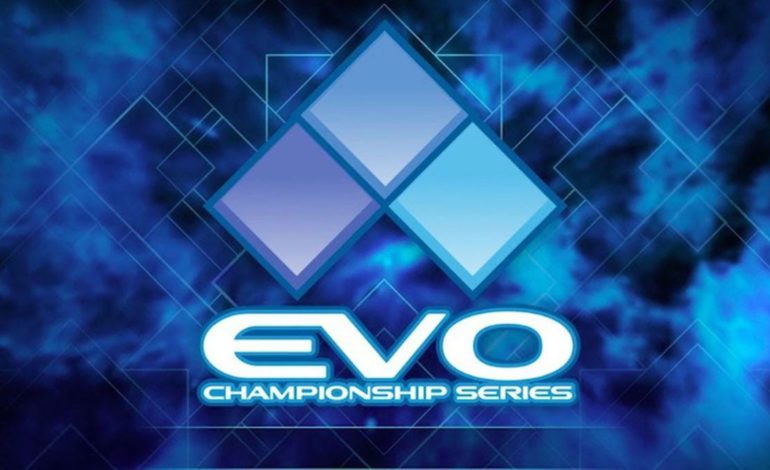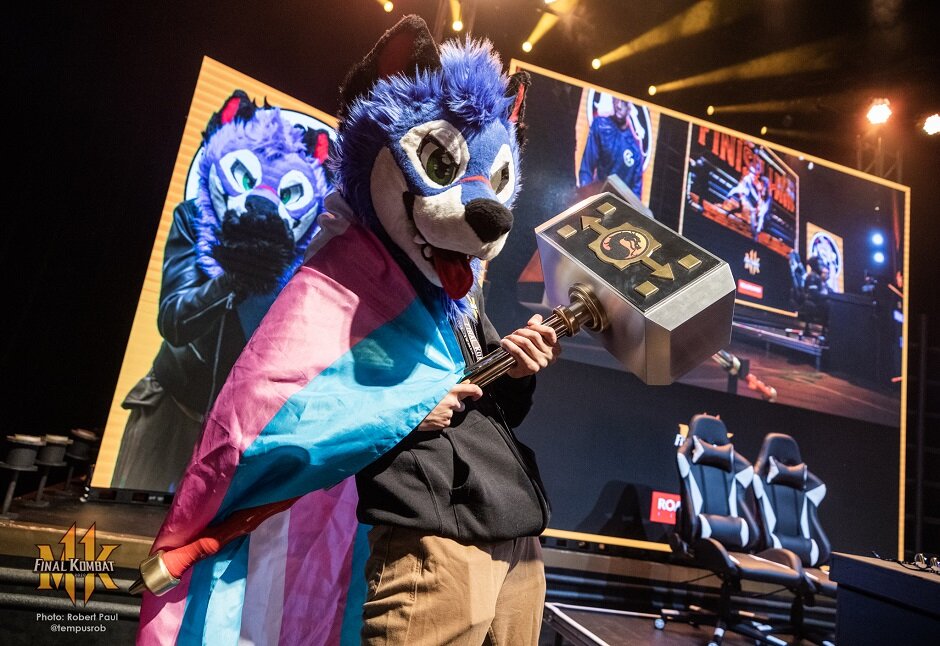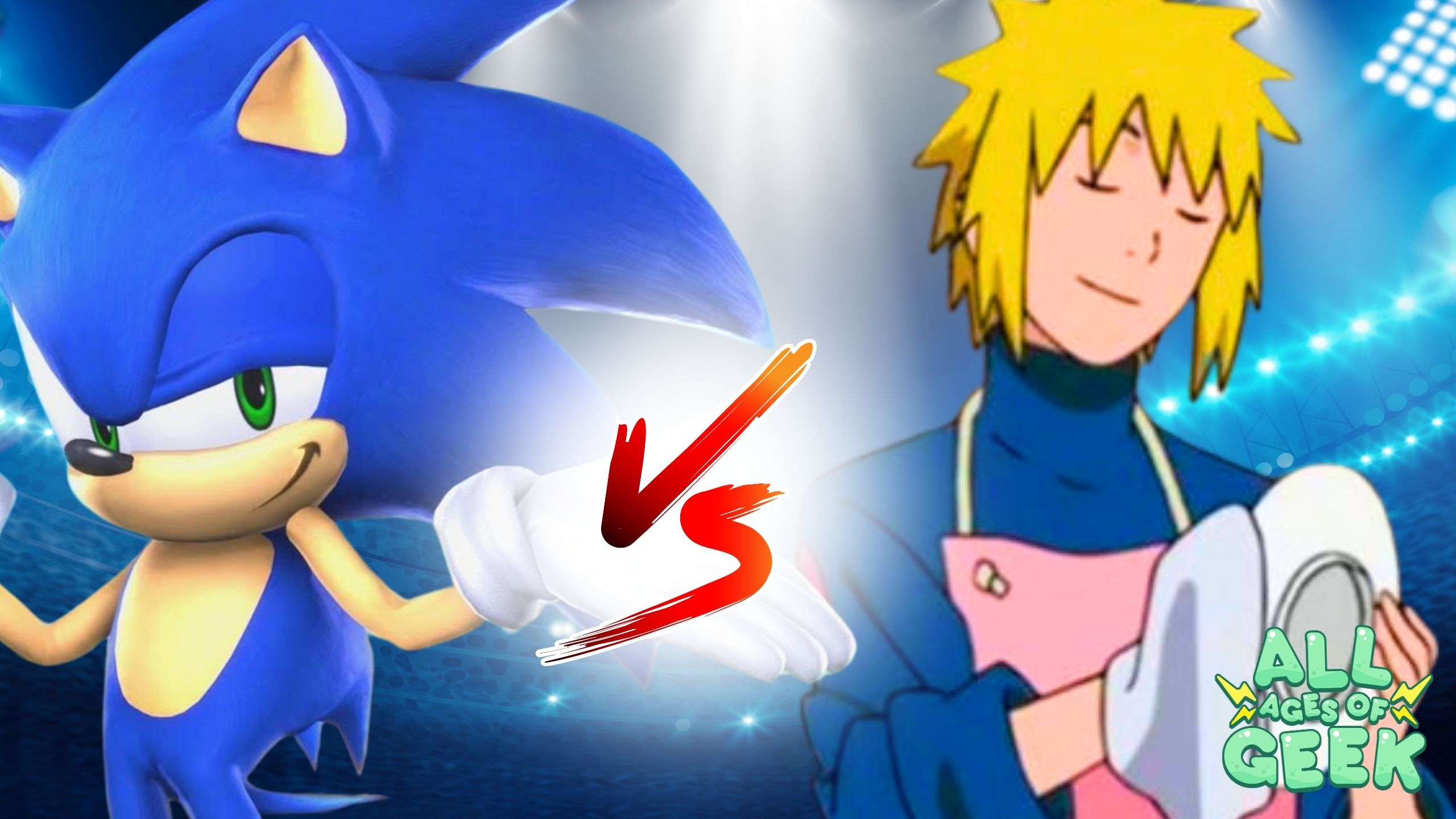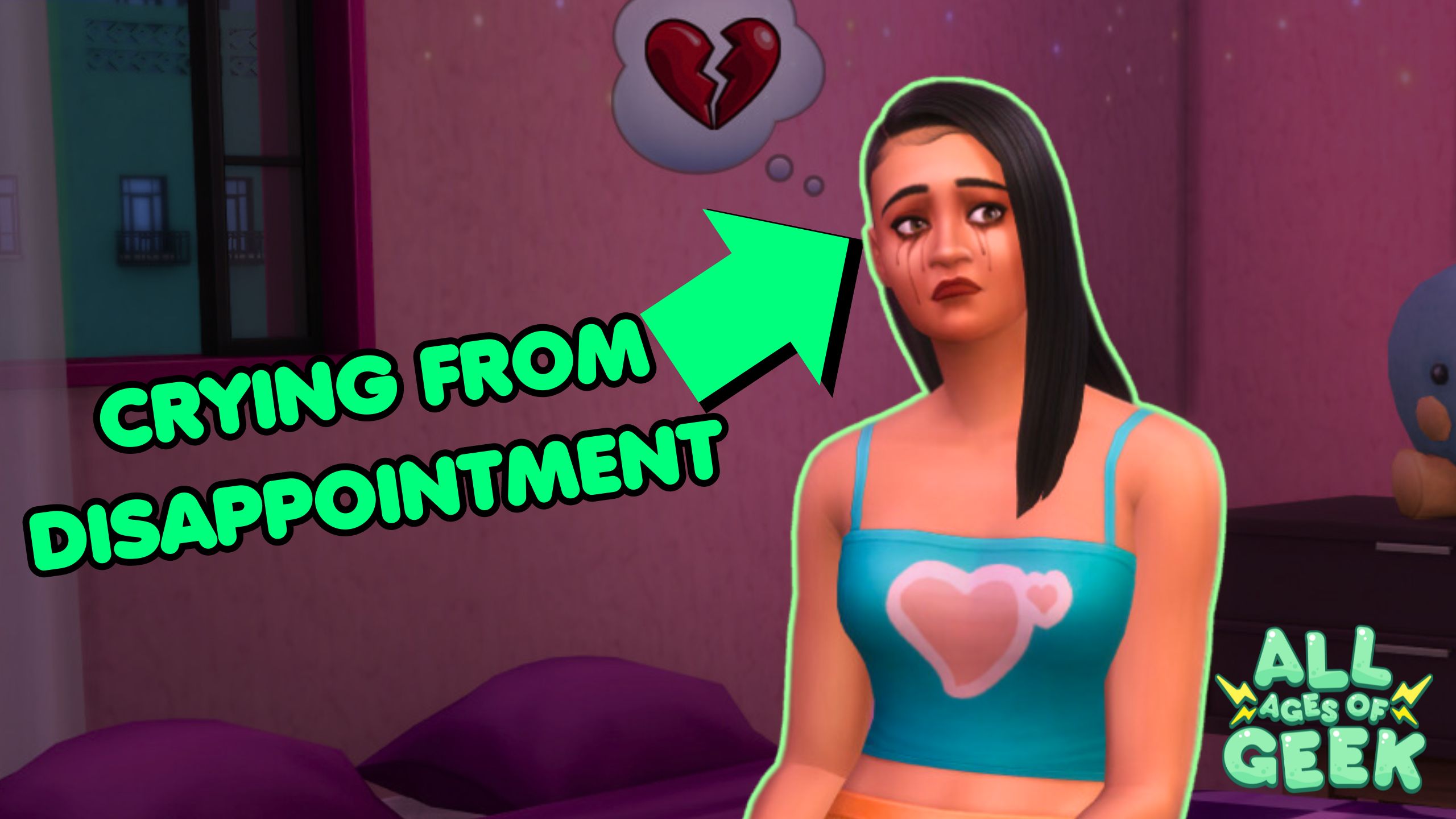
Memes aside, the ongoing Covid-19 pandemic really has ruined everyone’s plans for 2020. Sports, entertainment, and much of the business world came to an abrupt halt, and the same goes for people’s passions and hobbies. One group that has been hit from all of these angles is also one that is seldom talked about, and that is the fighting game community. Social distancing has made it impossible for players to meet up en masse, whether it be for weekly and monthly locals or big money tournaments that attract people from across the world. Not only did this remove a lot of money from the table for the best of the best, but it also struck the most important part of the FGC, and that is the community. Added to the fact players can’t play in person is that many members of the community have outside jobs that they may have lost or were put on hold, keeping them from their entire livelihoods.
With the emergence of the FGC’s presence in esports, it has grown larger and more profitable than ever in its near-30-year history. Premier titles like Tekken 7, Mortal Kombat 11, and Street Fighter V: Champion Edition were set to return with their annual global tour of tournaments, while Super Smash Bros. Ultimate and Soul Calibur VI had just kicked off their inaugural world tours before the pandemic hit. Shortly after it was announced that Final Round and Combo Breaker, two of the largest tournaments in the United States, were to be canceled. Then came the most devastating sign of doom for the FGC: the cancelation of EVO 2020, the largest fighting game tournament in the world.
Thankfully for some and unthankfully for others, the fighting game community is being held together by online tournaments. This has kept interests alive for the fans, but not so much for the highest level of players who have perfected their skills offline. This is because many fighting games have rather lackluster netcode that may go unnoticed to most, but can be quite telling for the pros. Nonetheless, with a number of online tournaments proving successful for at the very least the sake of entertainment, EVO altered its decision and announced that the event would be entirely online.
Reactions to EVO Online were and remain mixed. Many top professional players with past success at the tournament immediately lost all interest in competing this year and believe that any online victors won’t be validated into the pantheon of past champions. With nearly every main stage game using delay-based netcode, this makes it pretty impossible for any bracket to run swimmingly. While some games have better online than others, almost every online tournament has had problems with connection errors between players, tournament operators getting booted from spectator mode, and some players not showing up for their match. These types of dilemmas rarely, if ever happen at a normal fighting game tournament.
You won your Evo medal in 10 frame delay and by unplugging your router. I won my Evo medal in person and by Firebrand unblockabling the best Marvel players in the world.
— RB | ApologyMan (@ApologyMan) May 1, 2020
We are not the same.
Two weeks after the shift to online was announced the most entered game of the tournament, Super Smash Bros. Ultimate, was removed from the event altogether. This is most likely because the game is widely believed to have by far the worst netcode of any fighting game due to the Nintendo Switch’s inferior hardware and Nintendo’s lack of support for its competitive community. Surprisingly enough, most of the Smash community had no problem with the game’s removal, with some even saying they were glad that it’s embarrassing online gameplay wouldn’t be displayed to the world.
With the decision to remove the most popular game from its lineup, EVO 2020 made a brilliant counter move and added four games with fantastic netcode: Skullgirls, Killer Instinct, Them’s Fightin’ Herds, and the most mysterious snub from the original lineup, Mortal Kombat 11. All of these games use rollback netcode, which is universally considered to be vastly superior to delay-based netcode by the community. Rollback netcode games have seen their player-base grow thanks to their outstanding online connections, and though it isn’t perfect, it offers the fairest experience in fighting games outside of offline. These four games will now be at the forefront of EVO Online’s tournaments while the original main stage lineup will take the backseat.
The difference between the original lineup and the newly added games is that open tournaments are to be held for the latter while there will be “special exhibitions and content” for the former. Nothing else has been elaborated on this, but I would suspect that the games that use delay-based netcode will be invitational tournaments or be broken into several tournaments for different countries and regions. Players from all across the world travel to Las Vegas every year for EVO and a global online tournament with hundreds of entries is a task taller than a skyscraper. The open tournaments have already announced that they will be holding separate brackets for each game based on three regions: North America, Europe, and Asia, effectively meaning there will be three champions crowned in each title. Registration for these tournaments will be free to enter and available to anyone as long as they live in North America, Europe, Japan, or South Korea, whether they’re a legend like Dominique “SonicFox” McLean (who is the number one player in both Mortal Kombat 11 and Skullgirls, and widely regarded as the best fighting game player ever) or an anonymous challenger whose skills have been limited to the realm of local meetups and/or online leaderboards.

There are many members of the FGC who are unable to travel around their own region, let alone the whole world for tournaments and are only known around their local scene. This year-round travel can be extremely expensive without a team or sponsor, and it can be very difficult to commit to tournaments if they have a separate job. EVO Online’s format could prove to be a golden opportunity not only for them, but also for the faceless player who fights nearly if not all their battles online, and has honed their skills enough to take on the best of the best. These players have come to be known as “online warriors”, akin to “weekend warriors” in basketball, who look good against the average joe but theoretically stand no shot against the pros. But now the game is being played on their court, and victory could be theirs for the taking.
If this seems like an unbelievable scenario, it shouldn’t, because plenty of professional players started out dominating the online servers. One of the more recent examples would be the incredible story of Mortal Kombat player Jarrad “NinjaKilla” Gooden. NinjaKilla made a name for himself as a legendary online figure in Mortal Kombat X. Many people told him that he should play in tournaments, but unbeknownst to them, NinjaKilla was just a teenage kid who had yet to graduate high school. This all came at a time when the developers behind Mortal Kombat, NetherRealm Studios (NRS), had replaced MKX with their other fighting title Injustice 2 for the competitive circuit. While the other top pros were playing a different game, NinjaKilla continued to wreak havoc on those who kept playing MKX. However, many were skeptical of his meteoric rise and claimed that his skills wouldn’t translate to offline, or that he wouldn’t be able to hang with pros when they were actually playing the game; but others saw his potential right away.
Ninja Killa is ridiculous at MKX bro. I wish he was around earlier. I wish he played Injustice 2 or like other fighters. I know I don’t grind the game but I can say he’d definitely be a problem even in everyone’s prime of MKX.
— Rewind (@RewindNV) October 23, 2018
Follow him @212Ninjakilla
NinjaKilla’s parents wanted him to focus on graduating from high school before he began traveling to tournaments. Once he graduated around the same time Mortal Kombat 11 was released, they gave him their full support and helped him travel to events across the country. In his first major offline tournament, he placed 4th. In his second, he won. He went on to win three more major tournaments in 2019 and finished 2nd at the MK11 Finals after a valiant battle with SonicFox. Nonetheless, NinjaKilla had proven to all his doubters that he was not only for real but a young legend in the making.
NinjaKilla’s story and others like it prove that skills harnassed online can be synonymous with those offline, as long as both experiences are as close to the same as possible. It is unfortunate that the same can not be said about games with delay-based netcode, as there are too many inconsistencies for any breakout performances at EVO 2020 to be considered valid. There is a high concern for players using a Wi-Fi connection to their advantage, rather than the community-standard LAN connection. Players who play on Wi-Fi are considered the scourge of the FGC, and it is believed that many of them will infiltrate EVO if given the chance. Furthermore, it is entirely possible for someone to create a bot to infiltrate the tournament, which would essentially turn any character into a boss-level AI that could read a human-controlled character’s every move and perform impossible input maneuvers. This is why I expect these tournaments to be invitational.
On the other hand, the open tournaments have banned the use of Wi-Fi and Mortal Kombat 11 actually displays your connection type before the match starts (I don’t personally play the other three titles so I’m not sure if they do the same), making it easy to regulate, but there is no way of telling for most other games. That doesn’t mean that these tournaments will be without their own faults. The joke around the NRS community is that EVO Online will be hosting an all-Sub-Zero tournament this year, given how good the character is online. SonicFox said themselves that they shamelessly dodge the character when playing online, as they passionately express at the beginning of this video during a session with NinjaKilla.
But stories like NinjaKilla’s, and the fact that most pro players have vaulted to the top of online rankings since the pandemic started, suggest that the results of EVO Online will mirror the results if it were held offline. For the most part, this has held true with delay-based netcode games as well, with only Super Smash Bros. seeing a stark difference in results (if you want to win an online Smash tournament, just pick Sonic the Hedgehog). But be on the lookout for that random nobody tearing through the big names in their bracket, because 2020 is finally the year of the online warrior.
Registration for EVO Online is now open to those in North America, Europe, Japan, and Korea and can be accessed here:
https://evo.shoryuken.com/registration/
EVO Online will be held across five weekends beginning on the weekend of July 4th to the weekend of July 31st.










